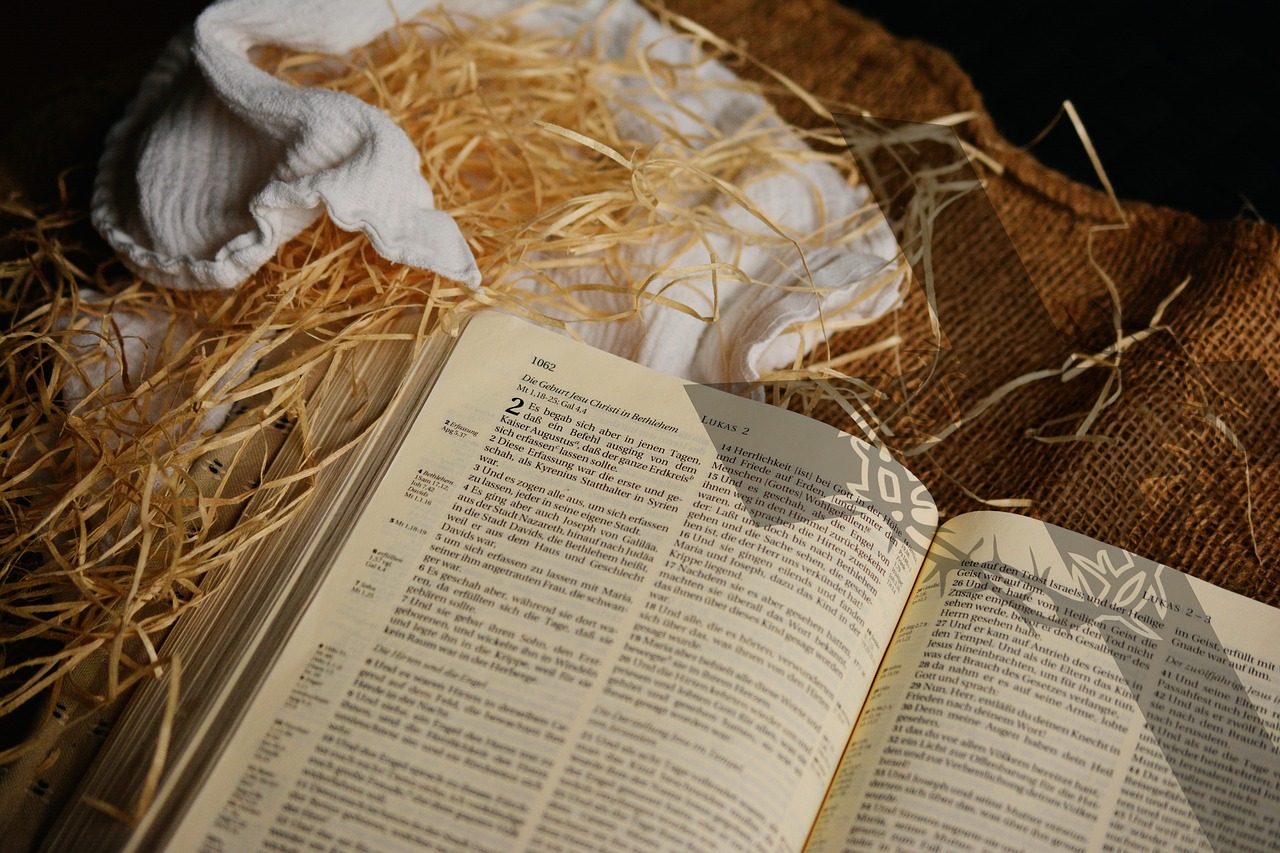Why is the virgin birth so important?

Every birth story is amazing, but none compares to Jesus’s birth—His was truly a miracle! A miracle is a unique and rare act of God that is different from the normal course of events; that’s what makes a miracle recognizable as a sure sign from God. And the miracle of Jesus being born from a virgin mother is traceable all the way back to Old Testament prophecies.
The Miraculous Birth
The miraculous birth of Jesus, recorded in Matthew 1:18-25 and Luke 1:26-38, is often referred to as the "virgin" birth. That means that when Mary conceived Jesus, she had never had sexual intercourse before or for this conception. How could an innocent virgin possibly get pregnant? When the angel Gabriel was explaining what was to happen, Mary asked the same question, “How will this be, since I am a virgin?" (Luke 1:34).
The angel answered, "The Holy Spirit will come upon you, and the power of the Most High will overshadow you; therefore the child to be born will be called holy—the Son of God" (Luke 1:35). Mary, who loved God with all her heart, was IN, saying, "Behold, I am the servant of the Lord; let it be to me according to your word" (Luke 1:38). The virgin birth was to be the first miracle that proved Jesus is God and the Savior of the world.
The Promised Birth
The virgin birth of Jesus was predicted in the Old Testament. The clearest prophecy is in Isaiah 7:14 (NIV), "Therefore the Lord himself will give you a sign: The virgin will conceive and give birth to a son, and will call him Immanuel." This Scripture is referenced in Matthew 1:22-23 in connection with Jesus’ virgin birth to confirm that His birth was in fulfillment of what was already promised.
The virgin birth could also be traced way back to the book of Genesis, after Adam and Eve sinned. In Genesis 3:15, God promised that a Deliverer would come from the "seed" of the woman to destroy the serpent (devil). Since the seed normally comes from the man in procreation, this description of the Deliverer could be an indication of the virgin birth that would bring Jesus into the physical world.

The Important Birth
The virgin birth is important because it explains how Jesus could be fully God and fully man at the same time. Sometimes people mistakenly believe that Jesus is part-god and part-man—like demigods described in fantasy novels, movies, and mythology. In these stories, demigods are the offspring of a "god" and a human—50% "god" and 50% human. But Jesus is not a myth nor a demigod. He is 100% God and 100% man.
Jesus, God the Son, has always existed because He is God; He was not created at the time of His birth (John 1:1-4). When the "fullness of time" had come, Paul says in Galatians 4:4 that God sent His Son to be "born of woman", which is a reference to the virgin birth. When God the Son, took on flesh, as described in John 1:14, this is often called the "incarnation," which is a word that describes a spiritual being taking on a physical body. This means that, without losing any of His divine nature, Jesus added a human nature. This is how Jesus can be fully God and fully human yet with one important distinction: He has no sin nature.
The Only Sinless Conception
Another reason why the virgin birth is important is because it qualifies Jesus to be our Savior from sin (2 Corinthians 5:21; 1 John 3:5). Although both Adam and Eve sinned when they disobeyed God, Scriptures like 1 Corinthians 15:22 and in the book of Romans (5:12, 14, 15, 17, 19) explain that the responsibility was placed on Adam for the fall of mankind. So our sin nature is passed on to us through the seed of the man because of our first descendant, Adam. But since Jesus was not born from the seed of a man (Joseph), then He did not inherent the sin nature from mankind.
Jesus had no sin nature and committed no sins, which qualified Him to be the perfect sacrifice to pay the penalty for our sins (Hebrews 7:27; 10:10). Only someone who is sinless can pay the debt we owe to God for our sin. If Jesus was also a sinner like the rest of us, He would have had His own sin to pay for and couldn’t be our perfect substitution.
The fact that Jesus was fully God meant that it was impossible for Him to have a sin nature, as God and sin cannot coexist. But Jesus also had to be fully human to be our Savior because it was humanity who sinned—and only a perfect human could redeem us. Animal sacrifices were merely a prelude to the final sacrifice and could never accomplish ultimate redemption. Only Jesus, a perfect sinless human, could accomplish our salvation and pay the debt for our sin. As Jesus died an excruciating death on the cross, He exchanged our sin for His perfect righteousness. This could only take place if Jesus was fully God and fully man, which the virgin birth made possible.
ALSO SEE:
- Who is Jesus?
- Is Jesus real?
- Is Jesus God?
- What does it mean that Jesus saves?
- How can I be saved? What is salvation?
- What does it mean that Jesus is the Son of God?
- What is the sin nature?
- Are people born sinners?
- Did the miracles in the Bible really happen?
- What's the difference between miracles and magic?


TL;DR
Jesus’ virgin birth is miraculous, promised, and important. When Mary conceived Jesus, she'd never had sexual intercourse before or for this conception (Matthew 1:18-25; Luke 1:26-38). Mary's virgin pregnancy could only happen through the power of the Holy Spirit, which makes Jesus' birth a true miracle (Luke 1:35). A virgin birth to bring forth the Messiah was prophesied in the Old Testament (Isaiah 7:14; Genesis 3:15). Being born of a virgin qualified Jesus to be our Savior since He did not inherit humanity's sin nature by being formed by the seed of a man. Only Jesus, a perfect sinless human, could accomplish our salvation and pay the debt for our sin. Jesus was 100% God and 100% human as He died an excruciating death on the cross, exchanging our sin for His perfect righteousness (2 Corinthians 5:21). This could only take place if Jesus was fully God and fully man, which the virgin birth made possible.

Writer: Hanna S.
Hanna loves spending time with kids and teens. She enjoys being detectives with them to investigate God's Word to discover truths to answer any questions. She is the co-author of a newly published apologetics curriculum for children and teaches one online for highschoolers-adults. To learn more about her ministry you can visit networkerstec.com. For fun, she likes to play Ultimate Frisbee, read historical fiction, and paint.
